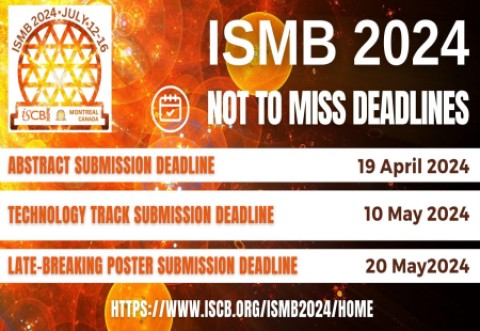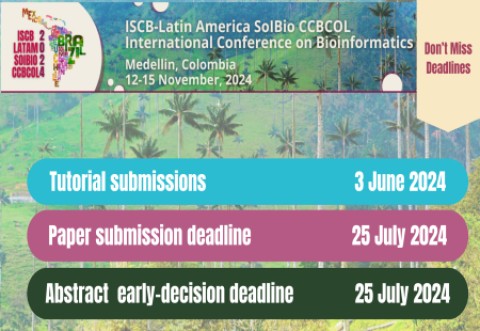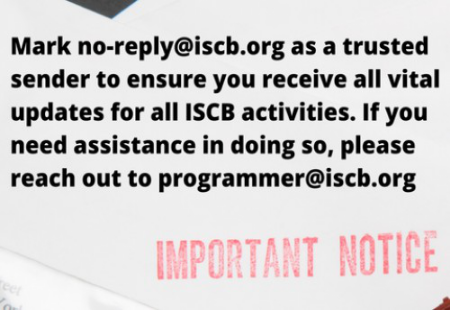
FASEB News - August 5, 2010
Contact: Cody Mooneyhan
This email address is being protected from spambots. You need JavaScript enabled to view it.
301-634-7104
Federation of American Societies for Experimental Biology
Novel bee venom derivative forms a nanoparticle 'smart bomb' to target cancer cells
New research in the FASEB Journal shows that a peptide derived from bee venom can deliver liposomes bearing drugs or diagnostic dyes to specific cells or tissuesThe next time you are stung by a bee, here's some consolation: a toxic protein in bee venom, when altered, significantly improves the effectiveness liposome-encapsulated drugs or dyes, such as those already used to treat or diagnose cancer. This research, described in the August 2010 print issue of the FASEB Journal (http://www.fasebj.org), shows how modified melittin may revolutionize treatments for cancer and perhaps other conditions, such as arthritis, cardiovascular disease, and serious infections.
"This type of transporter agent may help in the design and use of more personalized treatment regimens that can be selectively targeted to tumors and other diseases," said Samuel A. Wickline, Ph.D., a researcher involved in the work from the Consortium for Translational Research in Advanced Imaging and Nanomedicine (C-TRAIN) at the Washington University School of Medicine in St. Louis, Missouri.
To make this discovery, Wickline and colleagues designed and tested variations of the melittin protein to derive a stable compound that could be inserted into liposomal nanoparticles and into living cells without changing or harming them. They then tested the ability of this protein, or "transporter agent," to attach to different therapeutic compounds and enhance drug therapy without causing harmful side effects. In addition, their results suggest that the base compound which is used to create the transporter agent may improve tumor therapy as well.
"Our journal is abuzz in a hive of bee-related discoveries. Just last month, we published research showing for the first time how honey kills bacteria. This month, the Wickline study shows how bee venom peptides can form "smart bombs" that deliver liposomal nanoparticles directly to their target, without collateral damage," said Gerald Weissmann, M.D., Editor-in-Chief of the FASEB Journal.
Receive monthly highlights from the FASEB Journal by e-mail. Sign up at http://www.faseb.org/fjupdate.aspx. The FASEB Journal (http://www.fasebj.org) is published by the Federation of the American Societies for Experimental Biology (FASEB). The journal has been recognized by the Special Libraries Association as one of the top 100 most influential biomedical journals of the past century and is the most cited biology journal worldwide according to the Institute for Scientific Information.
FASEB comprises 23 societies with more than 100,000 members, making it the largest coalition of biomedical research associations in the United States. FASEB enhances the ability of scientists and engineers to improve—through their research—the health, well-being and productivity of all people. FASEB's mission is to advance health and welfare by promoting progress and education in biological and biomedical sciences through service to our member societies and collaborative advocacy.
Details: Hua Pan, Jacob W. Myerson, Olena Ivashyna, Neelesh R. Soman, Jon N. Marsh, Joshua L. Hood, Gregory M. Lanza, Paul H. Schlesinger, and Samuel A. Wickline. Lipid membrane editing with peptide cargo linkers in cells and synthetic nanostructures. FASEB J. 2010 24: 2928-2937. doi: 10.1096/fj.09-153130 ; http://www.fasebj.org/cgi/content/abstract/24/8/2928






























